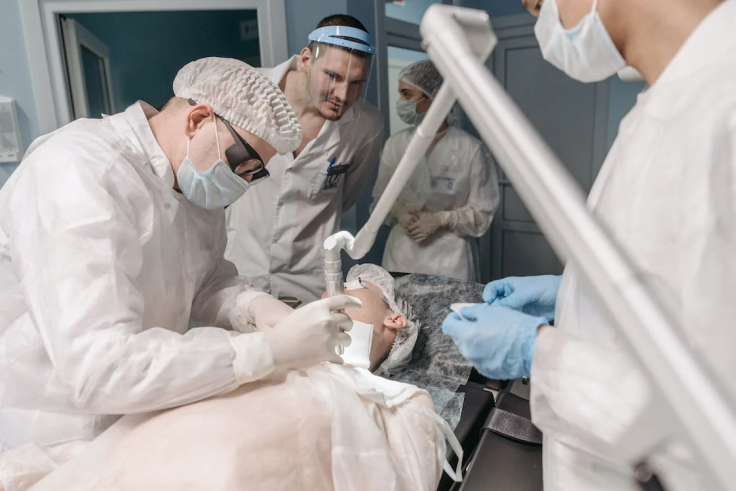UAE Radiology Conference In Dubai Explores AI's Role In Stroke And Breast Cancer Treatment

The 13th Conference of the United Arab Society of Radiology Societies and the 9th Annual Meeting of the Emirates Radiology Society wrapped up in Dubai, focusing on how artificial intelligence can aid in treating strokes and breast cancer.
Dr. Taleb Al Mansoori, President of the conference and Head of the Emirates Division of Radiology, shared that the event took place over three days, featuring 69 lectures, 16 scientific sessions, interactive discussions, 5 workshops, 5 seminars, and 21 research papers.
The sessions covered important updates in radiology and imaging, with a special emphasis on artificial intelligence. AI was discussed for its ability to help with early diagnosis and support better treatment and therapy options, WAM reported.
Al Mansoori explained that hospitals in the UAE are using artificial intelligence to speed up medical processes and save valuable time for both patients and doctors—sometimes even minutes can make a big difference.
The president highlighted that AI plays an important role in improving the accuracy of diagnoses, detecting diseases and injuries more effectively, and boosting the performance of advanced medical equipment.
He also noted that AI allows doctors to analyze medical images on their own and get support in making the right diagnosis and treatment decisions. This helps them deliver better care to patients and reduce the chances of errors in medical judgment.
Dr. Osama Al Bastaki, Consultant and Head of the Radiology Department at Rashid Hospital, shared that artificial intelligence now plays a major role in radiology, making up about 75% of the field.
With AI technology, detecting and diagnosing diseases like strokes has become much faster and more accurate, helping doctors quickly read and understand medical images.
He added that radiology departments in both government and top private hospitals across the UAE have made strong progress in using AI. This includes its use in breast cancer screenings under the national early detection program, as well as in checking for fractures, medical fitness, and other conditions.
Al Bastaki also noted that AI can process large amounts of data, which helps radiologists by analyzing patient images more efficiently. This leads to better chances of recovery and an overall improvement in the quality of healthcare.
© Copyright 2023 IBTimes AE. All rights reserved.


















